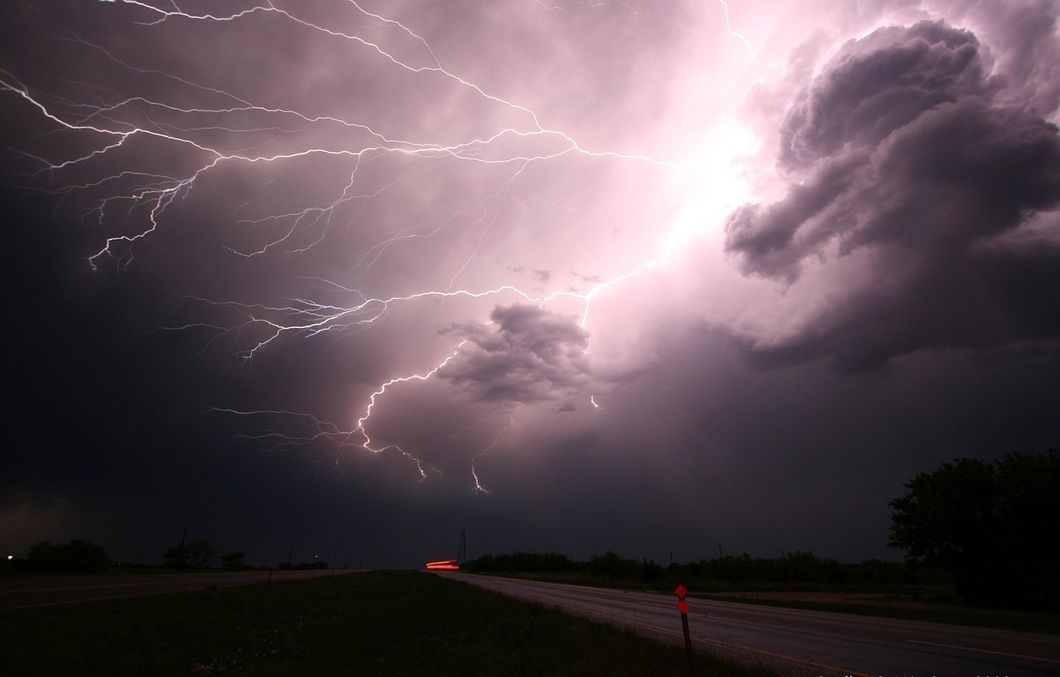To meet the powerful, I had to disappear into a dark alley. With little but faith that we were in the right spot, a mentor and I got buzzed into a back building and searched its quiet, empty stairwell and lower rooms before encountering a small amateur team circled around a table in the middle of a large poster-filled room. This was a student representation which would soon speak briefly at the meeting of a larger interfaith justice organization. As we reported and compared stories and tactics from our recent voter mobilization efforts, a young pastor hurried into the room to pick something up from one of several makeshift office spaces dotted around the outer edges of the room.
With a touch of shock, I remembered him from an education equity rally I attended in Harrisburg with the organization over the summer. We'd marched in a massive, loud, prayerful storm up the steps of the capital building as he led us in chants like "This is what theology looks like" and songs demanding hand-grasping like "Wade in the Water," a hymn which began as a slave spiritual and now became an advocacy tool. There, I'd known him only as a being of force, as a person wherein divinity manifested itself in especially high concentrations. Here, he appeared as a man with no more than an old metal desk among others crammed in an upstairs room for an office. Yet certainly his power, impact, and presence remained unchanged.
The throne room of the powerful- of those who, I could believe, may truly have what was once termed the divine right of kings, or God-given authority- was today a grassroots organizing space in an old building behind a church in the heart of one of the most impoverished cities in the nation. And they are the powerful. Perhaps, like the unassuming building in which they are housed, nobody would associate them with sufficiently impactful energy to merit my use of the term "power." But the truth is that they are, unlike the disturbing, status-quo-maintaining official leaders and the corporate owners of the city, creating shocking levels of change proportional to their status.
Once we had joined the official meeting (held, characteristically, in a community space/auditorium/gym on the lower level), this become especially clear as we heard reports from their various campaigns: education justice, economic dignity, healthcare reform, climate justice, and mass incarceration and gun violence. Everyone was busy.
Incidentally, a portion of the meeting led by two rabbis focused specifically on the power of the organization. In discussing the interfaith support and love they'd found following the anti-Semitic violence in Pittsburgh earlier this fall, they recognized that the most profound power in the organization was not in policy but rather in community building. Solidarity is indeed the task of leaders; here, this set of dedicated people filled in where the government, which could deal only in policy and failed in that endeavor, fell short.
Raw community is powerful. And humble grassroots movements focused on solidarity are built with the only kind of true power which could be grounded in the divine.






 The minimum wage is not a living wage.
StableDiffusion
The minimum wage is not a living wage.
StableDiffusion
 influential nations
StableDiffusion
influential nations
StableDiffusion












